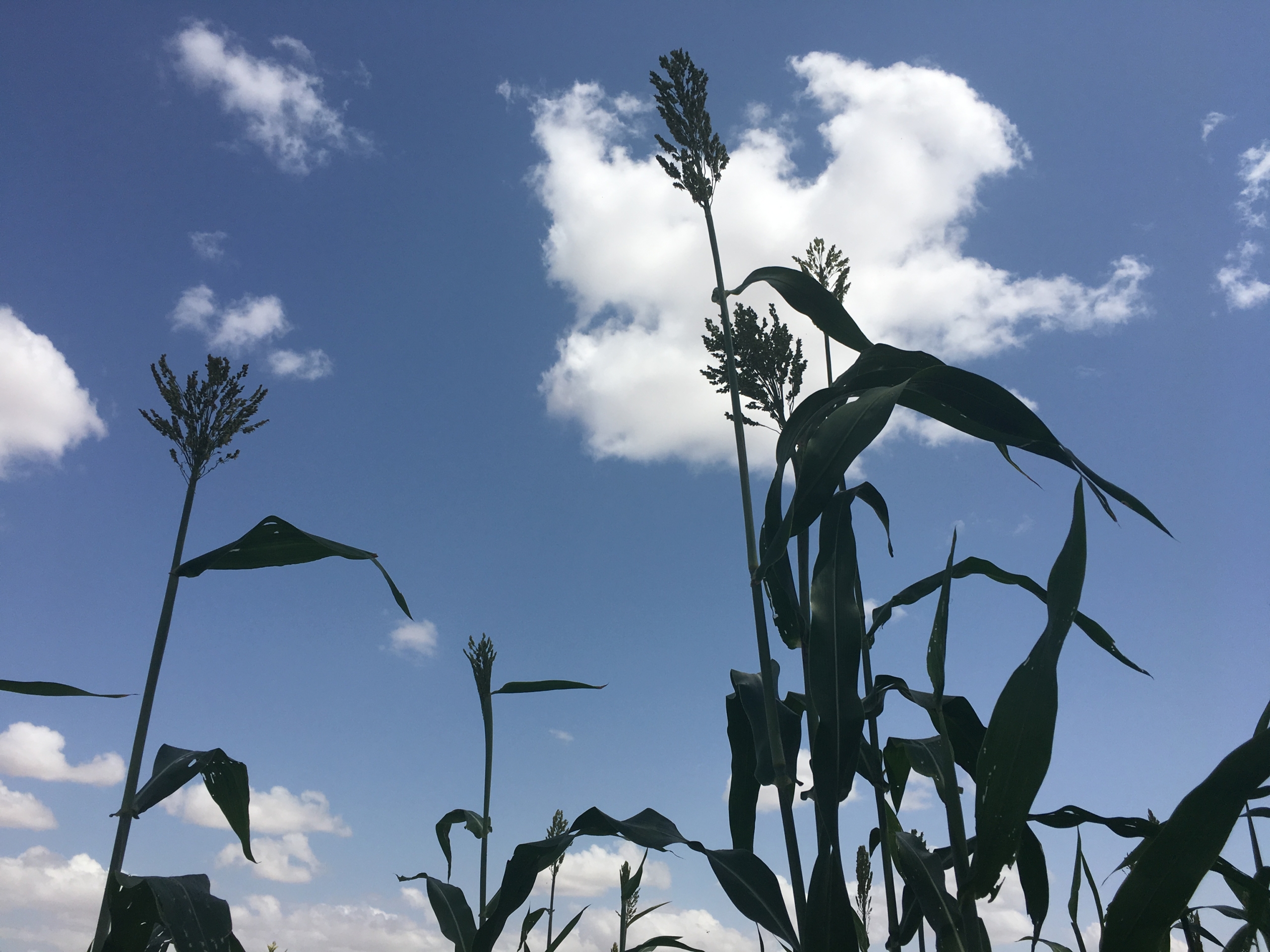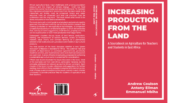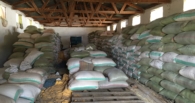CABRI Agriculture Dialogue
Kit Nicholson
18 July 2013
/
- 0 Comments
It feels as though I’ve waited almost a whole career for this to happen. Perhaps that’s because my daughter, Hebe, is here in Dakar to attend the dialogue event on agriculture that is being organised by the Collaborative African Budget Reform Initiative (CABRI). Hebe has just finished her second year at Uni, where she is studying geography, as I did, and where she has developed an interest in development, as I did. When I was at her stage, in-between second and third year, exactly a generation ago, Senegal was the first African country I visited. I was busy forming the opinion that the best way forward for developing countries was through progress in smallholder agriculture. I have held onto that view, but have had to keep it a bit of a secret, whilst the development business has gone about promoting diversification and industrial growth.
So, when climate change began howling more noisily at the end of the last millennium, and when renewable energy became more driven by carbon than by oil shortages, and when water security really began to make us feel nervous, I started to wonder whether agriculture’s turn had come. The International Food Policy Research Institute (IFPRI) switched in a few years from suggesting that there would be enough food until 2050 to worrying about the next few decades. In Africa, The New Partnership for Africa’s Development (NEPAD) spawned The Comprehensive Africa Agriculture Development Programme (CAADP) and farming came out of the dark. Then came 2008 and it was suddenly in the spotlight. So, when CABRI started organising dialogue events for African countries on budget efficiency, it was no surprise that they turned their attention to agriculture for the third sector to be covered.
CABRI is a network of budget and planning officials that has been going for nearly five years and provides opportunities for officials to exchange experience about what promotes value for money in public expenditure. The network undertakes a range of activities, including dialogue events, capacity building and research, and aims to develop common practices and procedures to foster improved budget management.
Mokoro were recruited by CABRI to prepare two keynote papers, on the policy challenge for agriculture and on budget efficiency in agriculture, as well as to work with Raya Abagodu and Drake Rukundo on case studies in Ethiopia and Uganda. The keynote papers were a good chance to get up to date with the growing recent literature that has emerged on agriculture in Africa. It’s a big subject covering extension, research, mechanisation, new practices, land, water, climate, labour, women’s roles, infrastructure, markets, rural finance …
The first keynote paper looked at the policy challenges facing agriculture and there is lots of fairly generic literature on this. There is also a growing amount of comparative evidence on growth rates, productivity and trends in agricultural expenditures. This evidence has been well described in lots of documents, but there is limited critical analysis. In any case, I’ve always been fairly sceptical about broad comparative reviews across many countries and I am far more convinced by case studies that find out what is really happening in a country.
So I set out to scour the journals and the internet for case studies that looked at the efficiency of public expenditure in agriculture, taking the hard perspective of the economist, interested in counting benefits. The result was a paltry collection of two or three case studies on each subject showing wide variety of results: a few examples of very high returns to research; results on irrigation in Africa that were perhaps not as bad as was thought ten years ago; mixed results on new techniques, such as conservation agriculture; lots of manuals on how to analyse rural roads, but, surprisingly and disappointingly, very few results; some fairly spectacular results for market information systems but nothing on rural finance. I’d remembered reading long ago some World Bank studies on benefits from private land titling in Africa and was looking forward to re-reading these and finding more up-to-date work that takes a more balance approach. But I couldn’t find the old studies and it seems that economics and land reform are like oil and water in the literature.
I am now writing at the end of the first day of the dialogue event in Dakar. These CABRI dialogues are a great way for African experts to share experience and CABRI have developed some great skills in facilitating this exchange. We had the usual mixtures of group work and plenaries. One group looked at the ways in which African ministries of agriculture can assess value for money. We concluded that a system is required and that this needs to rely on a fairly ‘narrative’ assessment of value for money: slightly defeatist for my taste, but probably realistic.
I had my first taste of the World Café. Tables are set up in café style, with a question for each table and half a dozen people per table. In fifteen minutes the people write down two conclusions and the moderator shouts ‘rotate’. A couple of people stay on the table, to provide continuity, and the rest move to another table. It feels like a cross between a domino drive and musical chairs. And is very successful at getting people to relax and open up and to reach manageable, bite-sized conclusions.
It is now the evening of the first day and we prepare for the second day, which includes a debate in World Economic Forum format, complete with arm chairs. And, hopefully, lots more opportunities for participants to talk about what works in their countries.
Hebe tells me that all her studies had left her feeling that development lurches from one fad to another, with little sign of progress. But also that the CABRI dialogue has made her feel that there is a growing consensus about how to go about promoting agricultural development. I certainly felt a good sense of optimism about agriculture, with examples of progress on most of the many constraints. I’ve always felt that there are no magic answers and that success will be achieved only by providing a sensible balance of expenditure and making sure it is used as wisely as possible. And keeping that up for several decades. I don’t suppose I’ll be around when Hebe’s children visit Senegal in another 35 years, but I am sure the rice fields we drove through last week will be re-established and the maize will be less patchy.
You must be logged in to post a comment.



